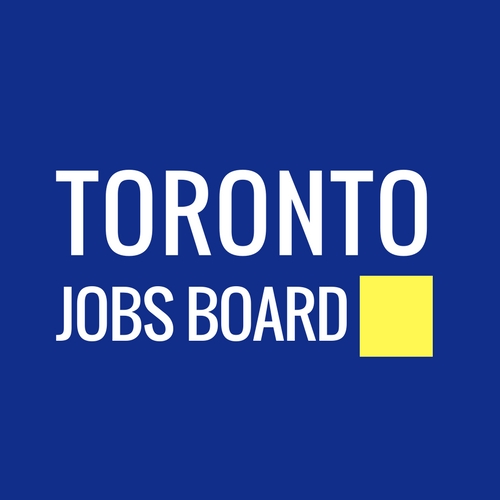Navigating the landscape of credential recognition in Canada can be a complex and challenging process for newcomers. International professionals and graduates who arrive in Canada hoping to continue their careers often face a conundrum: how to get their overseas qualifications recognized. Recognizing international credentials is essential for immigrants seeking employment in their field of expertise. This article aims to shed light on Canada's credential assessment and recognition process and provide practical advice for pursuing professional endeavours in a new country.
Understanding credential recognition in Canada
Credential recognition is the process of verifying that the education and professional experience obtained in another country are equivalent to the standards established in Canada. This process is crucial because it affects an individual's ability to work in their profession, impacts income potential, and influences their overall settlement in the country.
Canada does not have a centralized body for assessing all international credentials. Instead, the responsibility lies with various regulatory bodies, educational institutions, and employers. Specific regulatory bodies in each province or territory set the standards for credential recognition and professional licensing for regulated professions such as medicine, engineering, and law.
The starting point: Credential assessment services
The first step for any international professional or graduate is to have their credentials assessed. Services like World Education Services (WES), Comparative Education Service (CES), International Qualifications Assessment Service (IQAS), and others provide educational credential assessments (ECAs) for immigration purposes and for gaining employment or admission into academic institutions.
To begin, individuals typically need to submit their academic transcripts and proof of graduation from their home country institutions directly to the assessment service, which then evaluates the credentials against Canadian equivalents. Choosing an assessment service recognized by a Canadian organization or professional body relevant to one's field is vital.
Regulated professions: Additional hurdles
The credential recognition process involves meeting specific industry standards if the profession is regulated. This might include passing exams, completing additional training, or undergoing a period of supervised practice. The requirements vary considerably from one profession to another and from province to province.
Regulatory bodies are responsible for protecting the public interest by ensuring that professionals meet the necessary standards. As a result, the credential recognition process can be stringent and time-consuming. It is important for you to contact the regulatory body well in advance to understand the specific requirements for your profession.
Building Canadian experience
Often, one of the challenges international professionals face is the need for Canadian work experience. Employers or regulatory bodies may require Canadian expertise for a number of reasons, such as familiarity with the local market, laws, and professional standards.
To overcome this barrier, individuals can seek internships, volunteer positions, or bridge programs to cover knowledge and experience gaps. Networking with professionals in the field, joining professional associations, and attending industry events are also practical ways to gain insight into the Canadian job market and build professional relationships.
Alternative pathways
Sometimes, the barriers to credential recognition may be too significant, and alternative career pathways might be considered. Transferable skills can be leveraged to explore parallel careers or industries with high demand for skilled workers. Continuing education, certification programs, or further studies in Canada can also enhance one's profile and smoothen the transition into the Canadian job market.
Government and community support
Recognizing the challenges of credential recognition, the Canadian government and various community organizations offer resources and programs to support internationally trained professionals. These include bridging programs, loans for newcomers, career counselling, and services to help navigate the credential recognition process.
For many newcomers, getting international qualifications recognized is the key to a successful career in Canada. It entails understanding the credential assessment process, navigating regulatory requirements, and possibly adapting to new professional environments. By carefully planning, seeking appropriate support, and being prepared to meet additional demands, international professionals can overcome the credential conundrum and pave their way to a rewarding career in Canada. While the process can be lengthy and complex, the long-term benefits of practicing a chosen profession often outweigh the initial effort and investment.


